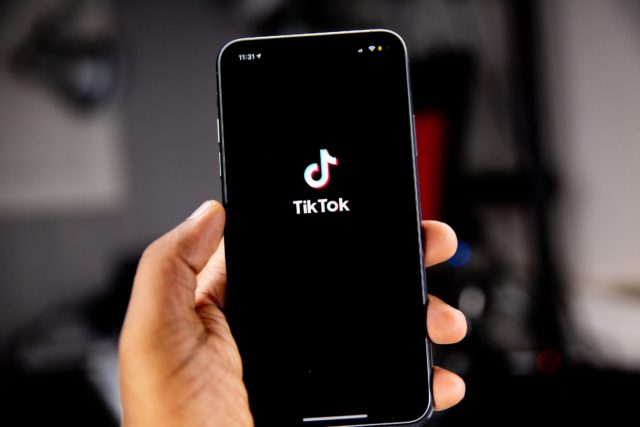Spoon Theory: What You Need to Know About Living With Chronic Illness
By: Michael Toohey, Psy.D. | March 10, 2023

Spoon theory isn’t a dissertation on how spoons work. It’s a metaphor for the amount of energy that a person has on any given day. The concept began in the disability community 20 years ago and has been popular ever since, especially with people who suffer from autoimmune and chronic illness, like lupus, fibromyalgia, or Lyme disease. It has also been extended to people with mental health and/or neurodiversity issues, to communicate how they feel on any given day.
What Is Spoon Theory?
Picture 10 spoons laid out in front of you. They represent the entire amount of energy that you have to expend in a day. Each activity that you engage in throughout the day costs you a spoon. How many spoons would you spend if you went hiking? How about gardening? Or even just getting out of bed in the morning? On a good day, maybe 5 spoons would be used for hiking, 4 would be used for gardening, and 1 for getting out of bed; you’d have enough spoons to do it all. On a bad day, though, getting out bed might take 5 spoons, then 3 spoons to shower, and 2 to make breakfast. Even before leaving the house, you’re out of spoons, which means no hiking or gardening on that day. Having no spoons means that you are out of energy.
Some people may be able to replenish their spoons through self-care, such as taking a nap, meditating, or reading. Others, however, may be out of spoons for the day.
Why It Matters
Spoon theory started when someone with a disability wanted to communicate to a friend the trials of chronic illness, and what it’s like to have such limited energy. Spoon theory is a way of describing the amount of energy that each daily task costs.
Spoon theory not only helps us relate to each other, but it’s helpful for the person affected by chronic illness distinguish what they want to do from what they can do. The metaphor helps explain to others how they struggle with energy or time management. Some people find being in a crowd exhausting or can be exhausted by the sustained mental effort of studying for an exam. It can apply to any situation that represents a challenge to the individual.
Limited energy doesn’t mean that a person is lazy, flaky, unreliable for changing plans last-minute, or for not getting everything on their list done. Knowing one’s limitations means that they are listening to their bodies and putting their own wellbeing first.
Living With Chronic Illness
It can be hard to describe what life with illness is really like. A “Spoonie” is someone who uses spoon theory as a tool to express themselves and meet others dealing with illness. When Spoonies find each other, it means they have found someone who experiences similar struggles, which helps create a sense of community and camaraderie.
Do you have a friend that seems to cancel at the last minute? If so, it would be easy to think of them as a ‘flake.’ But what if they told you that they can’t go to dinner because they’re all out of spoons on that day? This means that they’ve considered their options thoughtfully before making the decision to cancel. As best as you can, don’t take someone’s lack of spoons personally.
Might you be a Spoonie? Or suspect a friend or family member might be? If you’re dealing with chronic illness or ongoing mental health challenges, consider using spoon theory to help communicate to your friends and family how you are feeling on a given day. And consider introducing spoon theory to a someone who may be struggling with varying physical and mental energy levels.
If you are a Spoonie, or if you have a Spoonie in your life, consider seeking support and guidance from a professional San Diego Psychologist. Therapy is an effective way to better understand your limitations, how to communicate your needs, and how to cope with the limitations of a loved one. Managing life as a Spoonie isn’t easy, and you don’t have to do it alone. Contact Us today to learn more about how therapy at Therapy Changes can help and to schedule an appointment with a member of our talented team.
Photo by Teodor Drobota on Unsplash



